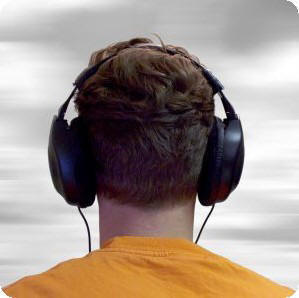1st Conditional
In today's Grammar - Online! lesson we continue our unit on Conditional Sentences
All the examples you see below were contributed
by ESL students in their writing and reading classes.
We bring you only authentic
writing.
When Do We Use the 1st Conditional?
Use the 1st conditional when the if Clause is true in the present or the future.
Even when both parts refer to the future, the 'if' clause uses the present tense and the 'result' clause uses the future tense.
How Do We Form the 1st Conditional?
| 1st Conditional | |
| "if" clause - Simple Present Tense | "result" clause: Present or Future Tense |
In each 1st conditional sentence below, the main verb is in bold.
Notice that the verb in the 'if' clause is always in present tense.
Problem: If you will call me, I will
try to talk to you.
Solution:
If you call me, I
will try to talk to you.
| Main Clause: Present Time Reference | |||
|
|||
| Main Clause: Future Time Reference | |||
|
|||
| Main Clause: Modals for Future Time Reference | |||
|
Next...2nd Conditional
Continue with our next lesson, "2nd Conditional."
All material is copyrighted, Software for Students. Copying for PERSONAL USE ONLY. All others must contact Software for Students for permission to use in schools or other educational institutions.
.gif)

